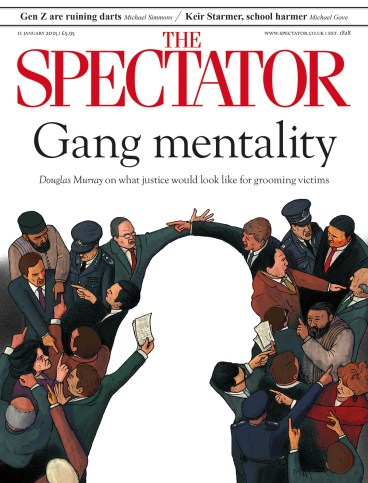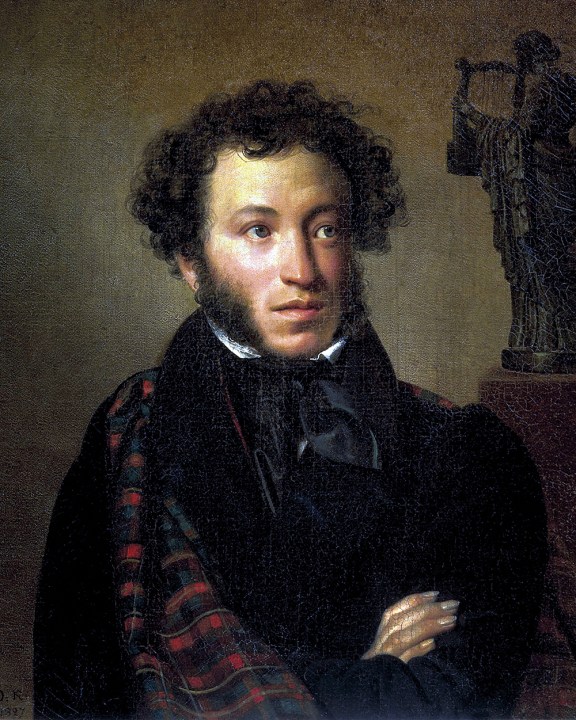
Alexander Pushkin was brought to ruin by his letters more than once. When the Russian postal police intercepted a letter suggesting that atheism was ‘the most plausible’ philosophy, he was exiled to his mother’s bleak estate in the rural north-west. But his own temper was far more dangerous. In the autumn of 1836, he received a series of anonymous letters taunting him about his coquettish wife’s affair with George-Charles d’Anthès-Heeckeren, a French officer and the adopted son of the Dutch ambassador. Pushkin, imagining the ambassador himself had written them, fired off a furious letter of accusation. He and d’Anthès-Heeckeren duelled the next day, and Pushkin was fatally shot. Aged just 37, the most famous poet in Russia had thrown his life away on a few scribbled taunts.
‘The devil take Onegin!
It is myself I want to publish, or release into the world’
Eugene Onegin, Boris Godunov, ‘The Bronze Horseman’, ‘The Queen of Spades’: Pushkin is heralded everywhere as Russia’s greatest poet, but less known outside Russia is that he is also its greatest letter-writer. Exquisitely written and vividly colourful, they read like a Russian novel when collected together: the moody St Petersburg student, the wandering exile in the south, the pining young lover, the radical poet, the husband finally driven mad by jealousy. Professor J. Thomas Shaw, whose 880-page edition of the letters has been reissued by Alma Classics after decades out of print, points out that although Pushkin gives us an encyclopaedic view of 19th-century Russia, he is no mere observer: he is ‘a direct participant in the wars of the flesh and the spirit’, and you couldn’t ask for a more engaging protagonist.
A well-educated scion of the Russian nobility, Pushkin found fame at just 21 with the publication of his epic fairy tale Ruslan and Ludmila. But this Wunderkind of the literary scene soon turned out to be its enfant terrible, moving in dissolute and reformist circles and writing politically reactionary poems.

Magazine articles are subscriber-only. Keep reading for just £1 a month
SUBSCRIBE TODAY- Free delivery of the magazine
- Unlimited website and app access
- Subscriber-only newsletters







Comments
Join the debate for just $5 for 3 months
Be part of the conversation with other Spectator readers by getting your first three months for $5.
UNLOCK ACCESS Just $5 for 3 monthsAlready a subscriber? Log in